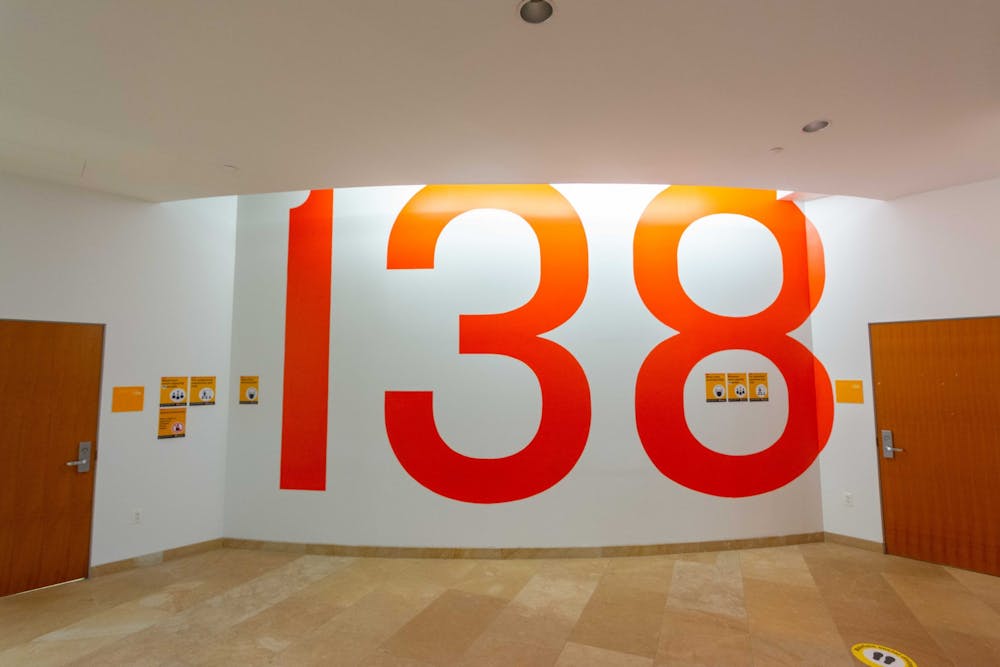The Undergraduate Student Government (USG), like many governing bodies of various scopes, seems to face near-perpetual dissatisfaction. Some accuse it of failing to make major headway on myriad projects relating to mental health and student wellbeing. Fall 2020’s virtual Lawnparties led to claims that it appropriated funds irresponsibly and failed to respond to students’ needs. Most recently, USG came under fire for booking LANY for this semester’s Lawnparties, despite sexual misconduct allegations against the band’s lead singer.
It is undeniable that USG representatives are hard-working, and that should be recognized. The controversy regarding the past two Lawnparties raises concern, however. Because much of USG’s work is hidden from the student body, they are largely unaccountable to us. For the purposes of this article I’ll be focusing on the Social Committee, but concerns about transparency apply to the entire organization.
A pattern emerges from the last two Lawnparties: the Social Committee makes a decision behind closed doors, that decision is then made public after a few months, and it then faces backlash from many students. In the case of Fall 2020 Lawnparties featuring Jason Derulo, students questioned why $80,000 was allocated toward a lackluster virtual event that both failed to foster a sense of community and did not address more exigent student needs. In the case of this semester’s Lawnparties, students asked why the Social Committee seemingly failed to look into the original headliners’ backgrounds. (A Google search of “LANY controversy” is sufficient to find the allegations.)
In both cases, USG acted to remedy the wrong after it had occurred. Following Fall 2020 Lawnparties and survey results that indicated a lack of enthusiasm for a concert in the spring, USG opted to instead direct funds toward small-group programming. After students voiced concerns about hosting LANY, USG cancelled and booked a new act. USG deserves praise for doing the right thing, but the case remains that they should be more in touch with what students want.
One common response to criticism of USG is that students are largely apathetic to what USG does. This is clearly untrue: if students did not care, they would not take to public forums to voice their concerns.
Another common response to critique is that students who want to effect change on campus and in how USG runs should join USG. This both fails to acknowledge how busy all of us are and suggests that USG cannot ever be a successful governance body. It is ridiculous to suggest that any student who wants to feel like their student government represents them and responds to their concerns should run for office and represent themselves. This defeats the purpose of representative governance.
Ultimately USG can — and must — become more accountable to students by making itself more accessible. The Social Committee’s Instagram seems to exist solely to publicize Lawnparties: why not use it to engage with students and solicit them to go through other, more formalized channels to give input?
It is also past time to question the norms of how USG operates. Why is the Lawnparties headliner decided by 10 people operating in near-total secrecy? Why is there no formalized way — such as focus groups that the committee consults with — for more students to be involved in planning one of the academic year’s largest and most visible events?
Again, I commend the members of USG for their hard work and dedication. Even so, we can recognize that USG as it currently functions leaves much to be desired.
Brittani Telfair is a senior from Richmond, Va. majoring in SPIA and pursuing a certificate in African American Studies. She can be reached at btelfair@princeton.edu or @brittanit10 on Twitter.









